Jess (THEY/THEM) IS 35 YEARS OLD, LIVES IN SA And identifies as a person IN RECOVERY OR REMISSION FROM BPD
What was your experience of receiving a diagnosis of BPD?
I was diagnosed 20 years ago at a time when the lack of information, awareness or understanding around BPD significantly impacted upon me receiving support during diagnosis. I’ve since seen an improvement in education for Mental Health Professionals but stigma surrounding BPD still exists amongst clinicians and mental health care providers.
What would you like people newly experienced with BPD to know?
A diagnosis of BPD can feel overwhelming but there’s much to live for whilst navigating BPD. Life looks different now I’m in remission and using my experiences to guide my work with children and adolescents.
What did clinicians and mental health professionals do well to support you?
My family and I received very little support, 20 years ago. My experience actually encouraged me to study Social Work so as to contribute to changing a system I felt had overlooked me. My next goal is to use my lived experience to work with those in the BPD community to provide much needed services and support.
What could clinicians and mental health professionals have done better to help you?
Listen, provide education and support my family to better understand my diagnosis. Use language that avoids shaming or labeling those in distress as "too difficult" or "challenging". Increase opportunities to better train and educate mental health professionals, such as providing more experienced and compassionate DBT facilitators.
What kind of psychological treatments worked well for you?
DBT supported the strengthening of my interpersonal skills. I learnt effective and healthy ways to communicate my boundaries and needs (Linehan, 1987). Behavioral Tech on Psychwire - DBT Changes Lives
What other things have supported you to live well?
My pets, personal development and education supports me to live well. Meaningful work in Child and Adolescent Mental Health sees me use my lived experience to support those living with mental health conditions, distress and difficulties.
Do you have any tips or tricks for managing distress or strong emotions you would like to share?
The STOP skill, taking the time to prioritise my needs (such as checking in with myself or focusing on regulating emotions) and engaging Wise Mind to manage overwhelm and distress (Linehan, 1987).
Behavioral Tech on Psychwire - DBT Changes Lives
What advice would you give to friends/family supporting someone with a diagnosis of BPD?
Be patient and love them through the challenges.
What are a few things you thought you might not have been able to do but you did anyway?!
Completed my university degree to now work in a field where I apply my knowledge and use my lived experience to support others.
